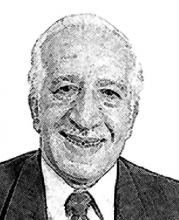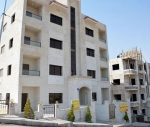You are here
More dialogue quartets needed
Dec 12,2015 - Last updated at Dec 12,2015
This year’s Nobel Peace Prize was awarded to the Tunisian National Dialogue Quartet. Jordanians were gratified that such a prestigious prize was given for the second time to an Arab country, after Egypt, which might make a dent in the anti-Arab stereotyping prevalent in Europe and the United States.
What is more gratifying in this respect is that civil society can exert pressure to save a country. The Tunisian National Dialogue Quartet, a group of lawyers, professional union members and civil rights activists, perceived the catastrophic results of a head-on collision between the ruling groups of the Ennahda movement and the political opposition. The quartet realised that their country was on the precipice of a bloodbath that would decimate all the triumphs of the Jasmine Revolution of 2011, which re-established a truly democratic system of government with a civil status code that is considered the most progressive in the Muslim world, particularly regarding women’s rights. The quartet, due to its great credibility among workers and intellectuals, in addition to its well organised cadres among the business community, managed to force both the Ennahda leadership and the leftist opposition groups to make reciprocal conciliatory moves to avert an imminent clash. Such a stand proved to be worthy of the honour that the Nobel Peace Prize bestows.
Syria needed a similar quartet to save it from the mayhem that has killed 350,000 of its citizens so far, and forced 5.3 million into the life of miserable refugees. The elite class of university professors and civil society activists opted to play an observer role, by sitting on the fence to see which protagonist wins the final round.
The Tunisians rejected any form of lucrative foreign intervention, be it from an Arab brother or a foreign patronising donor. The intensive street demonstrations and civil resistance inspired Arab masses everywhere that citizens have an inherent power to topple the most repressive regimes. Tunisia asserted the axiom that change can materialise without resorting to a military coup d’état.
Yemen needed the same calibre of National Dialogue Quartet prior to March 22, 2015 to stop the civil war, which had so far resulted in the death of nearly 6,000 Yemenis and the injury of 36,000.
Just as Tunisia was an inspiration to all Arab masses in 2011 with its Jasmine Revolution, could its quartet replicate the same role by giving hope to Libyans, Syrians, Iraqis, Yemenis and many other Arabs?













